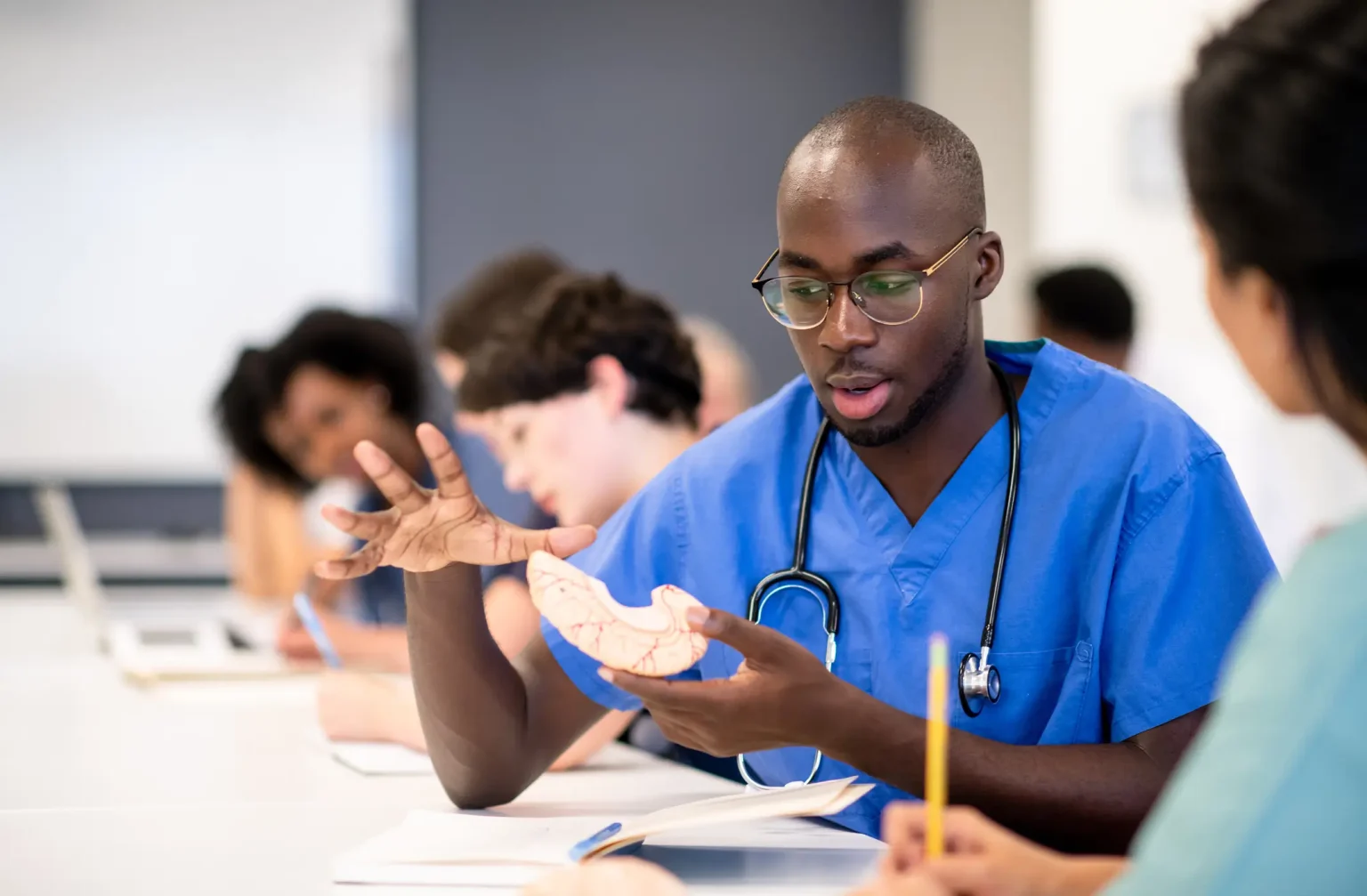
Program Path: Health and Wellness
Ready to become a massage therapist? Helping others can be rewarding. Not only do you assist clients in alleviating their aches and pains, but you also have the satisfaction of […]
Program Path: Healthcare
Technical colleges are becoming popular as students seek alternative solutions to traditional universities. The perception that a technical college is inferior to a 4-year university is fading fast as employers […]


Program Path: Health and Wellness
Are you interested in becoming a massage therapist but need to know if you need a diploma? The short answer is yes; you need a diploma to work with […]
Call Us Today or Complete The Form at the Top of The Page to Take the Next Step Toward Your New Career!

Gwinnett
Colleges & Institute
Gwinnett Colleges and Institute cannot guarantee employment or a minimum starting salary upon graduation; however, placement assistance is available upon successfully completing the selected program.
For state authorization and accreditation information, please refer to the location page associated with the campus you are interested in.
Disclosures and Catalogs
For Consumer Information, Disclosures, and Course Catalogs, please click the above link.
Sources and related content